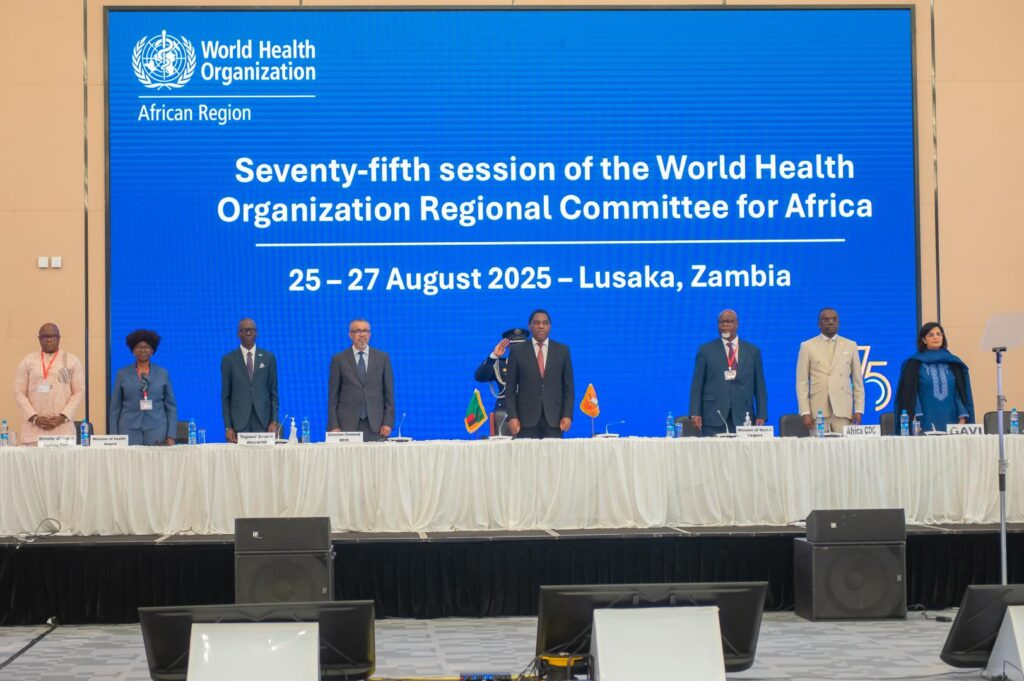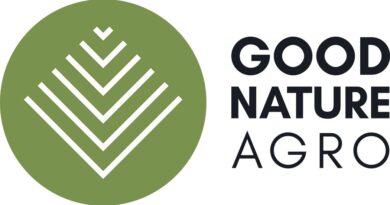Health Leaders and Partners Commit to Boost Africa’s Local Production of Medicines and Vaccines
African ministers of health and global partners have pledged to accelerate the continent’s local manufacturing of medicines, vaccines, and medical products to reduce dependency on imports and enhance health security.
The commitment was made during the Seventy-fifth session of the World Health Organization (WHO) Regional Committee for Africa in Lusaka, where delegates highlighted the urgency of self-sufficiency in the wake of recent global health crises.
Currently, Africa produces less than 1% of the vaccines it consumes, leaving it vulnerable to supply chain disruptions and inequities. Leaders agreed to scale up domestic investment, strengthen clinical trial capacity, and implement the Regional Framework for Strengthening Local Production of Medicines, Vaccines, and Other Health Technologies (2025–2035).
“The issue of local manufacturing must be high on Africa’s agenda,” said H.E. Hakainde Hichilema, President of the Republic of Zambia, in his opening address. “Zambia will take the lead in local product manufacturing, and we hope other countries will join in to improve the well-being of people across the region.”
Despite progress in pandemic preparedness, challenges persist, including the need for sustainable financing, stronger partnerships, and supportive policies.
At a high-level side event on local manufacturing, partners including Gavi, the Vaccine Alliance, Unitaid, and the International Vaccine Institute (IVI) reaffirmed their support. WHO Regional Director for Africa, Dr Mohamed Janabi, stressed the importance of collaboration: “The COVID-19 pandemic exposed Africa’s vulnerabilities but also ignited new resolve. With stronger political will and smarter partnerships, Africa can produce 60% of its own vaccines by 2040 and respond to future pandemics on its own terms.”
Gavi presented its upcoming “Leap” strategy, which will overhaul its operating model to empower countries with greater ownership. “Global health is at a crossroads. We must adopt a model centred on country empowerment,” said Gavi CEO, Dr Sania Nishtar. “Through Gavi Leap, countries will gain the tools and trust to shape their own futures.”
IVI introduced its ACHIEVE 2.0 initiative, designed to drive Africa-led vaccine research, development, production, and uptake. “This is about accelerating innovation through African-led science and collaboration,” said IVI Director General, Dr Jerome H. Kim.
Unitaid also pledged continued investment, announcing nearly US$50 million for programmes aimed at enhancing Africa’s production of diagnostics and therapeutics. “Our commitment will help reshape markets and enable African institutions to thrive,” said Dr Tenu Avafia, Deputy Executive Director of Unitaid.
The event closed with a renewed call to strengthen policies, mobilise investment, and build Africa’s capacity in research, regulation, and production. Partners agreed that local manufacturing is not only vital for health security but also a strategic driver of economic growth and innovation across the continent.



